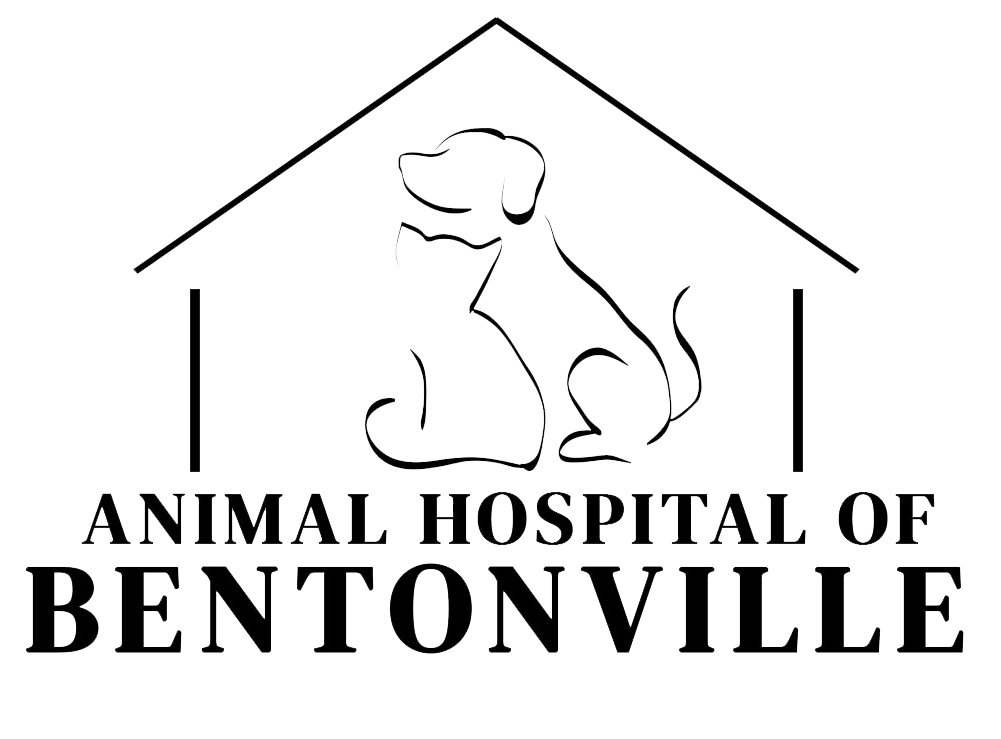Animal Hospital of Bentonville
Veterinary Services
Veterinary Services
At Animal Hospital of Bentonville, you can trust that your pets are in great hands. Our compassionate, skillful veterinary staff are here to help when you need us most. We look forward to seeing you soon!

Puppy & Kitten Care
Getting your new puppy or kitten off to a healthy start sets the stage for their lives as healthy adults. Regular physical examinations, core, and elective vaccinations, fecal testing for parasites, and deworming are all important elements of ensuring good health for your puppy or kitten.
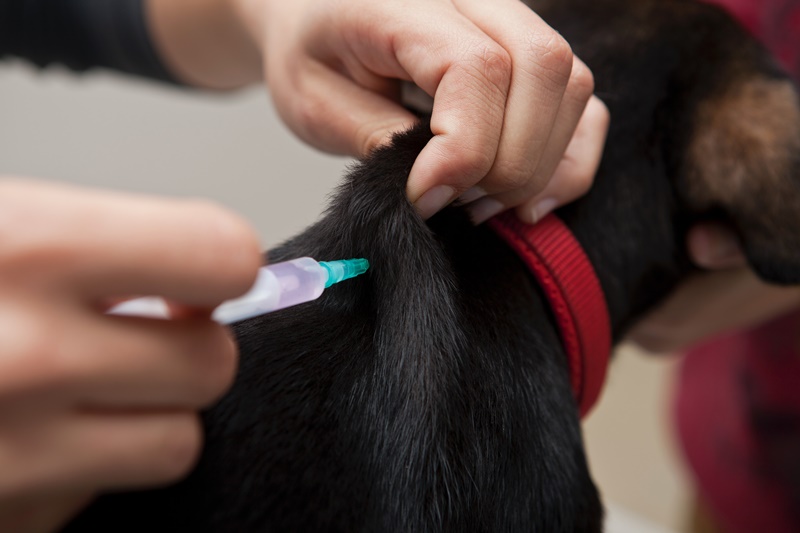
Pet Vaccinations
Puppies and kittens have limited immunity to diseases. That’s why pets need to be vaccinated early so they can build up resistance. Vaccines trigger a pet’s immune system to manufacture antibodies to fight off infection, but this immunity does not last forever.

Pet Wellness Care
Preventive veterinary care is the cornerstone of keeping your pet their healthiest. Since pets age more quickly than people do, it is critical to have regular physical examinations to assess your pet’s health.
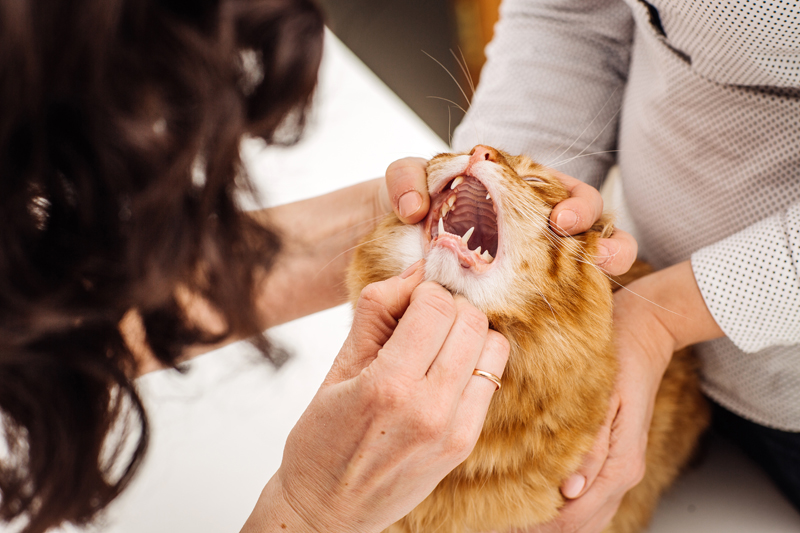
Pet Dental Care
One of the most common but frequently overlooked health problems for companion animals is dental disease. By age 3, most pets have some degree of periodontal disease. This occurs as a result of bacterial infection along the gum line, due to the formation of plaque.

Pet Surgery & Related Services
At some point in your pet’s life, they may need a surgical procedure. Whether your pet is having an elective surgery such as spay or neuter, or surgery for intestinal obstruction, you can rest assured that our staff will provide the very best care possible for your pet.
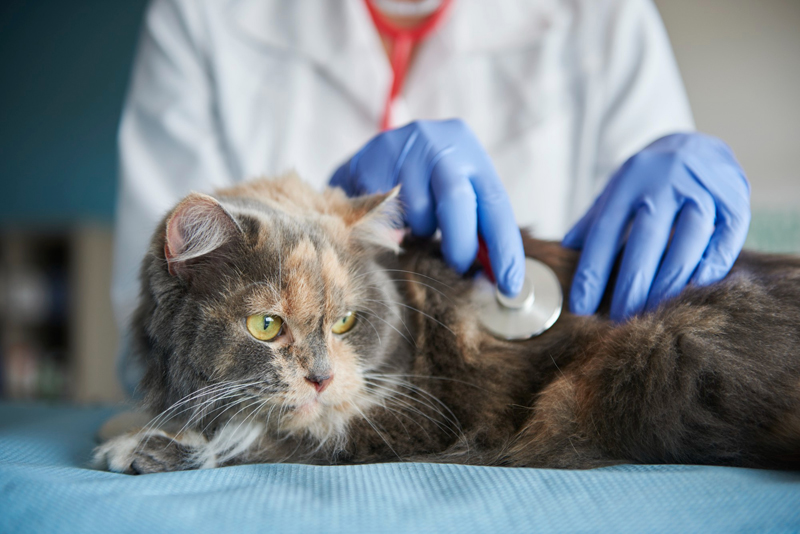
Pet Diagnostic Care
When your pet is sick or injured, they can’t tell us what’s wrong. A thorough physical exam and history (symptoms you’ve noted at home) are the first important step. If the diagnosis is not immediately evident upon initial assessment, your veterinarian will recommend specific diagnostic tests.
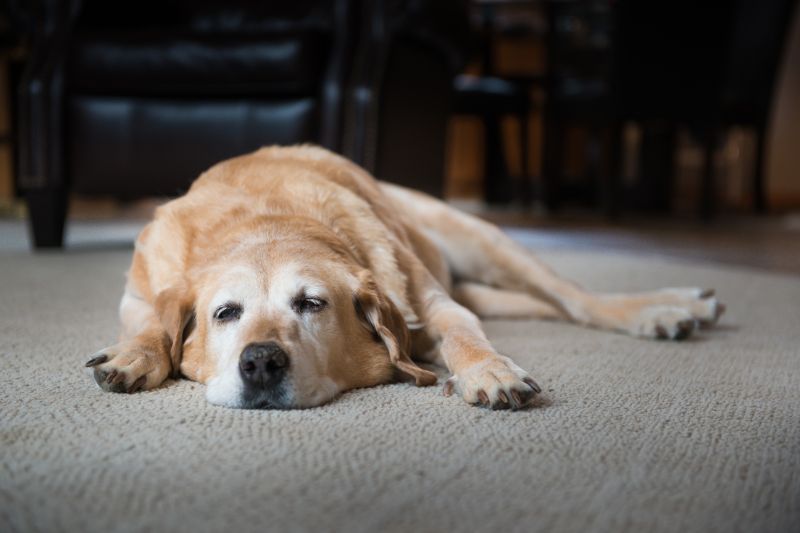
Senior Pet Care
We love Senior Pets! Senior pets have special needs, and benefit from more regular veterinary visits compared to their younger counterparts.
